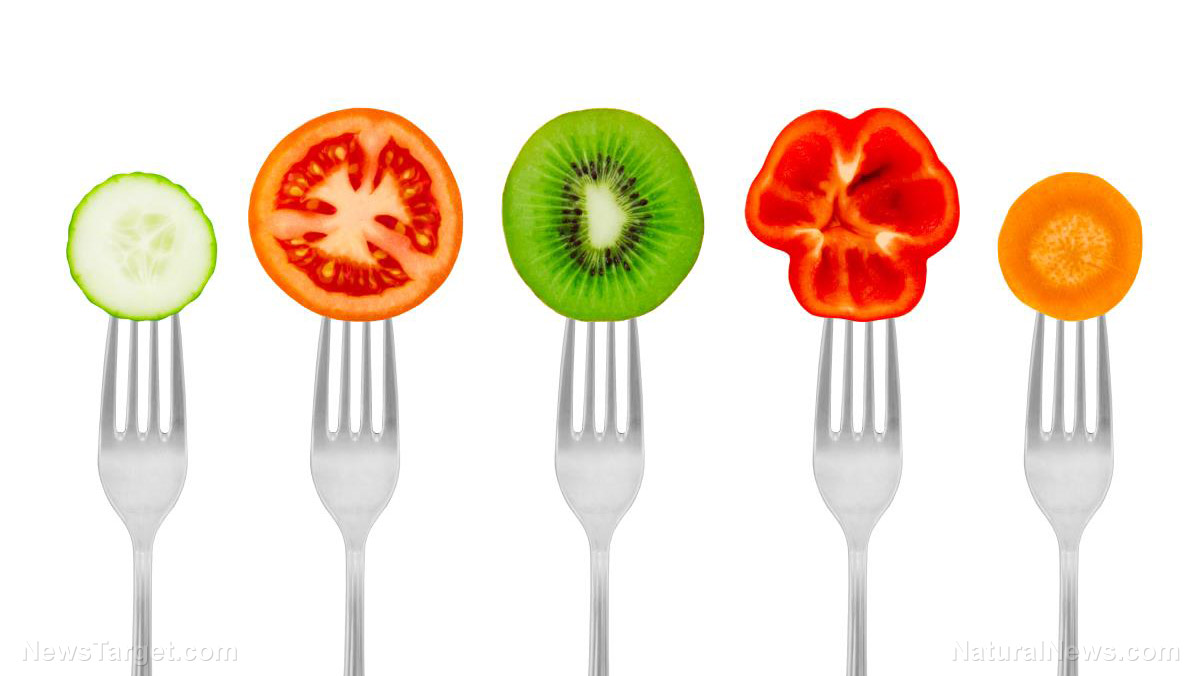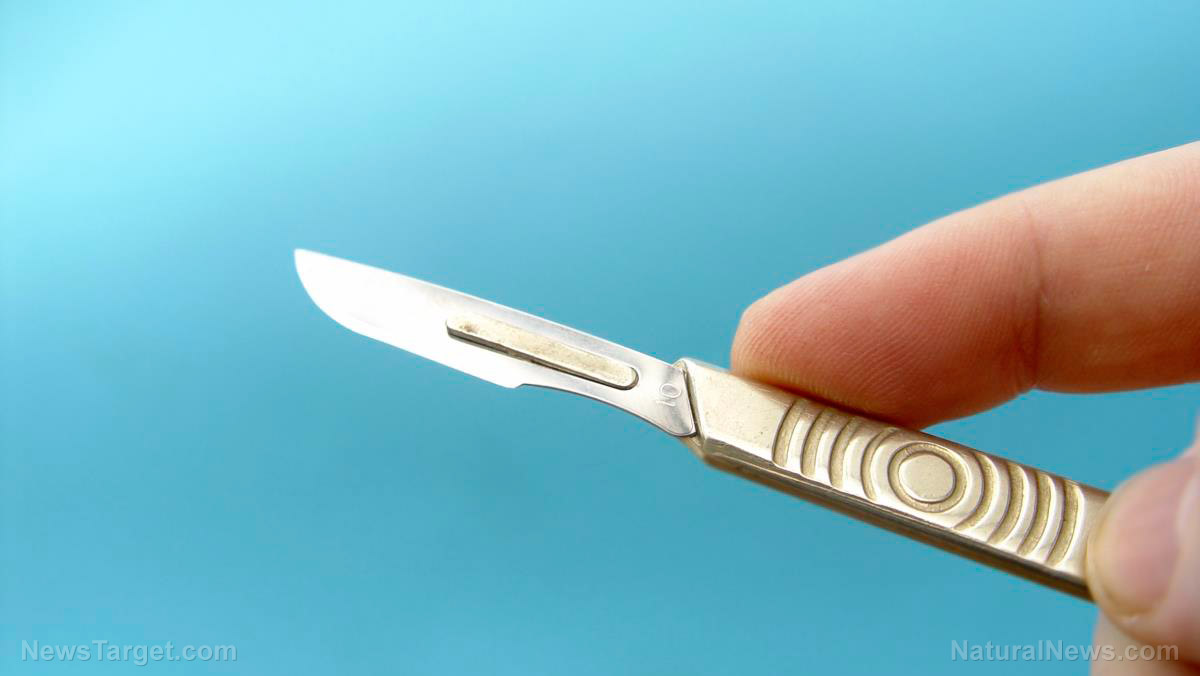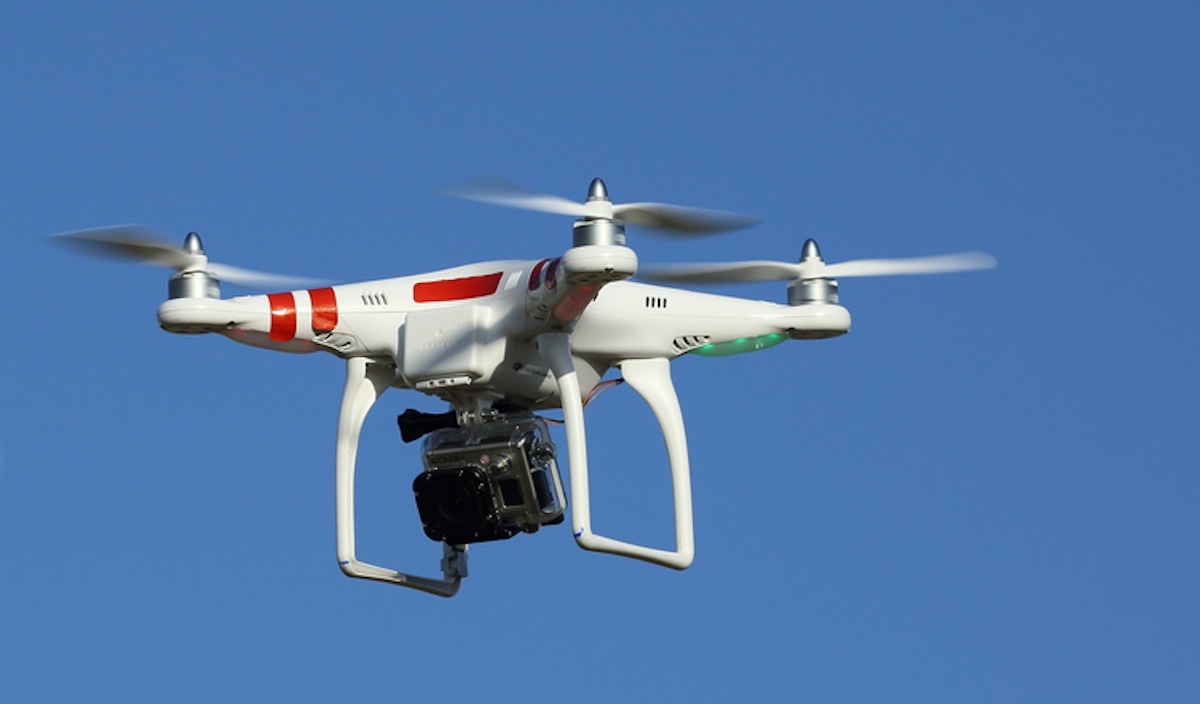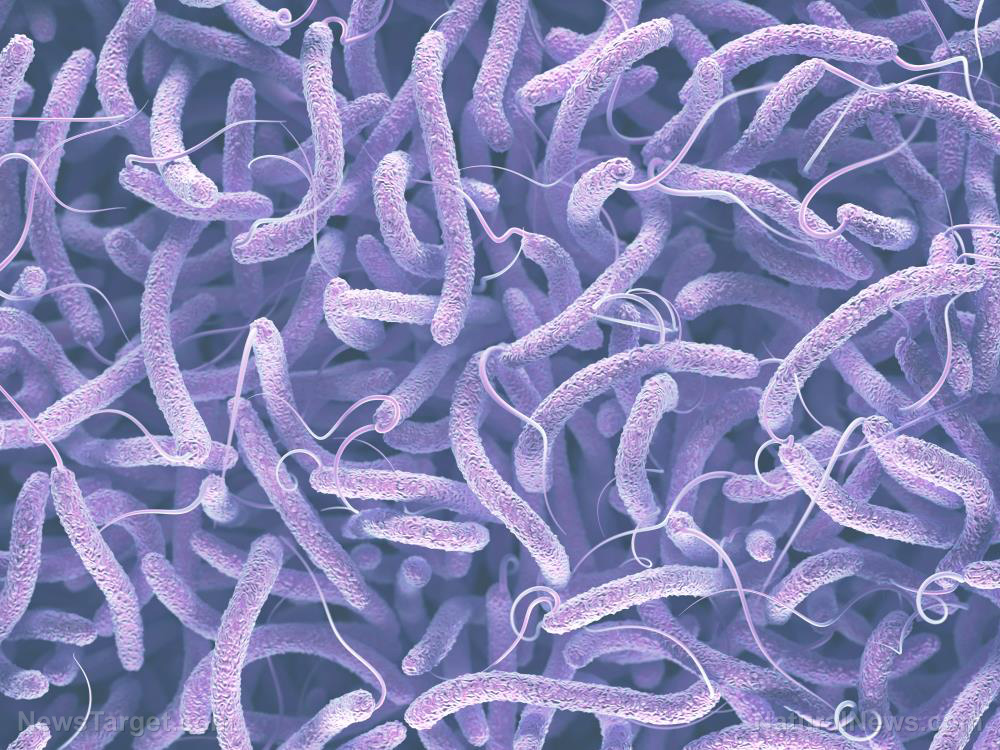New test can determine what you REALLY ate: Urine tests measures biomarkers to determine if your diet is healthy or not, in the name of fighting disease
12/15/2017 / By David Williams

Taking control of one’s diet is something that most people view as a somewhat simple task. After all, how hard is it to track and remember what food you eat each day? As it turns out, it can be a lot harder than most people predict.
A new study, conducted at MRC-NIHR National Phenome Centre, finds that most people tend to be inaccurate when it comes to reporting on their own diets. Researchers have found that it’s far better to rely on a quick and easy test that reveals all pertinent diet info accurately, and it’s something that they are actively developing for eventual release to the general public.
The test comes in the form of a urine test, and was developed by researchers from Imperial College London, Aberystwyth University, and Newcastle University. It detects and measures so-called biological markers in urine (metabolites) that appear from the breakdown of foods like chicken, fish, fruit, red meat, and vegetables. It also tracks the amount of fat, fiber, protein, and sugar a person has eaten.
The results of the study, titled “Objective assessment of dietary patterns by use of metabolic phenotyping: a randomised, controlled, crossover trial,” was published in the journal Lancet Diabetes and Endocrinology.
Benefits of quick testing
The researchers who devised the urine test aim to hit two birds with one stone: gather all the diet information needed as quick as possible, and maintain a high level of truth and accuracy all throughout. The work is still at an early stage for now, but it’s already starting to show some promise.
“A major weakness in all nutrition and diet studies is that we have no true measure of what people eat. We rely solely on people keeping logs of their daily diets – but studies suggest around 60 percent of people misreport what they eat to some extent,” says Professor Gary Frost, senior author of the study from the Department of Medicine at Imperial. He thinks the test could be the first independent indicator of the quality of a person’s diet and what they’re really eating.
During the course of the study, researchers took urine samples from 19 volunteers who followed four different diets, ranging from “very healthy” to “very unhealthy.” These diets were put together using the World Health Organization (WHO) dietary guidelines, which take different factors into account to prevent conditions like diabetes, heart disease, and obesity. The urine samples were collected in the morning, afternoon, and evening for three days straight.
After analyzing all the urine samples, the researchers were able to come up with a standard urine metabolite profile that signified a healthy, balanced diet. The idea is that they could then compare future profiles against it to find out whether the source of a sample is healthy or not — an instant indicator of healthiness, if you will.
The researchers also tested the accuracy of their data by comparing it with findings from a previous study that involved a total of 291 volunteers.
Broader implications
Beyond just finding out the constitution of one’s daily diet, the results of this study could have much broader implications. For starters, once widely accepted, the results of this study could become the basis for what constitutes a “healthy, balanced diet” in the future. At the same time, getting detailed dietary info about individuals will be done so quickly that it could be easily integrated into standard health insurance practices. For now, the scientists behind the research are moving one step at a time, while also keeping an eye on the future. It will only be a snapshot of what you ate that day, but has the potential to be used in unforeseen ways.
“The idea would be to collect a urine sample at home and deliver it to a local centre for analysis,” says Professor Elaine Holmes, study co-author from the Department of Surgery and Cancer at Imperial. “We envisage the tool being used by dieticians to help guide their patients’ dietary needs, or even by individuals who are interested in finding out more about the relationship between diet and their health.”
Read more about nutritious foods at Nutrients.news.
Sources include:
TheLancet.com[PDF]
Tagged Under: autonomy, future medicine, future tech, health care, health freedom, healthy diet, metabolic phenotyping, metabolites, surveillance, Urine test




















